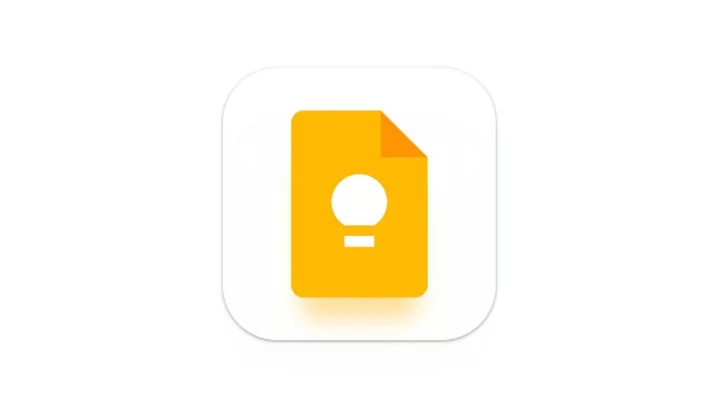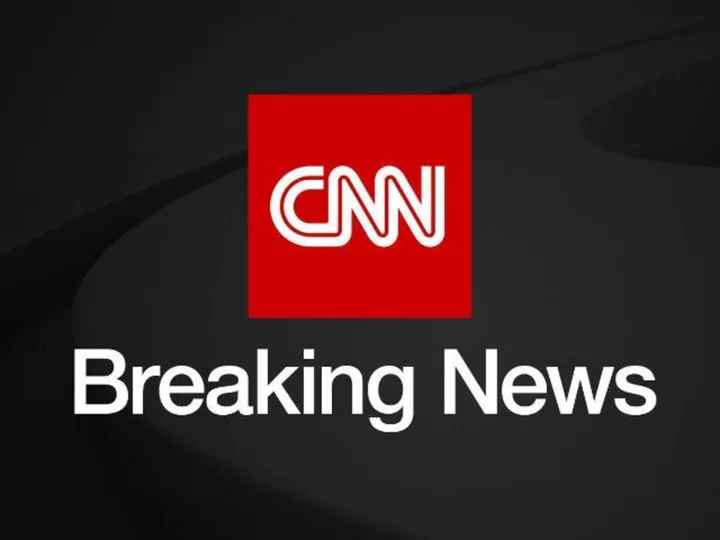Facebook and Instagram will become news-free zones in California if the state passes a bill that would require Meta and other large online platforms to fork over an unspecified share of advertising revenue to news publishers and broadcasters in the Golden State.
Andy Stone, Communications Director at Meta, posted this threat on a competing social platform, Twitter: "If the Journalism Preservation Act passes, we will be forced to remove news from Facebook and Instagram rather than pay into a slush fund that primarily benefits big, out-of-state media companies under the guise of aiding California publishers,” his statement reads in part.
“The bill fails to recognize that publishers and broadcasters put their content on our platform themselves and that substantial consolidation in California's local news industry came over 15 years ago, well before Facebook was widely used," he added.
The California Journalism Preservation Act (AB 886), introduced in February by Rep. Buffy Wicks (D.-Oakland) and most recently amended Tuesday, would mandate that for-profit online platforms with at least 50 million US monthly active users pay a “journalism usage fee”—a percentage of their in-state advertising revenue, to be set in arbitration—to qualifying in-state news organizations.
The bill text defines “online platform” as a site, app, service, or digital assistant that "accesses" news “or portions thereof.” Between that and the 50-million-users minimum, it would appear to cover both widely used platforms like Google, Facebook, Instagram, Twitter, and TikTok as well as such less-obvious contenders as Reddit and Amazon’s Alexa.
The bill further says “access” means “link to, display, or present the eligible digital journalism provider’s news articles, works of journalism, or other content, or portions thereof,” leading opponents to characterize the bill as a “link tax” and, as such, a violation of a core internet freedom. The bill also does not distinguish between news articles posted or summarized by a platform, such as on a trending-topics page, and news content shared by a platform’s users or by news organizations themselves.
The bill sets some requirements for news publishers or broadcasters. For example, they need “an editorial process for error correction and clarification, including a transparent process for reporting errors or complaints to the publication,” must devote at least a quarter of its news content to covering “topics of current local, regional, national, or international public interest,” and must have made at least $100,000 in revenue from news in the previous year.
Online platforms won’t be allowed to retaliate against qualifying journalism providers “by refusing to index content or changing the ranking, identification, modification, branding, or placement” of their content. Finally, news providers would have to spend at least 70% of the bill’s proceeds on their own journalists and support staff.
Meta’s threat may sound extreme, in addition to being exactly the kind of retaliation that the bill would ban. But the company then known as Facebook did just that for a few weeks in Australia in February 2021. It responded to a comparable news-fee bill by blocking users there from viewing or sharing news content, and also blocking both the pages of Australian news sites and shares of their work worldwide—placing that country in the information equivalent of a penal colony.
Facebook relented and restored news sharing in Australia weeks later after tweaks to that bill, but it has since made similar threats in Canada and in the US at large in response to similar bills put forth in Ottawa and Washington. (PCMag’s pages on Instagram and Facebook would be immediate casualties of Meta enforcing a no-news rule.)
Almost a decade ago, Spain’s passage of a bill that would have required Google to pay news sites for linking to their work on Google News led the company to shutter Google News in that country.
Times are unquestionably crummy for the news industry. Giant ad platforms like Google and Facebook have left news sites fighting for scraps of ad income, federal and state antitrust lawsuits accuse Google of ripping off news publishers by monopolizing multiple levels of the adtech stack, and hedge-fund owners have destroyed newsrooms with indiscriminate layoffs.
The California News Publishers Association and the Media Guild of the West, a journalism union, have each endorsed the California Journalism Preservation Act, although it doesn’t do anything about the latter two problems.
Wicks, for her part, professed herself unimpressed by Meta’s announcement. “This threat from Meta is a scare tactic that they’ve tried to deploy, unsuccessfully, in every country that’s attempted this,” she wrote on Twitter Wednesday. “It is egregious that one of the wealthiest companies in the world would rather silence journalists than face regulation.”









